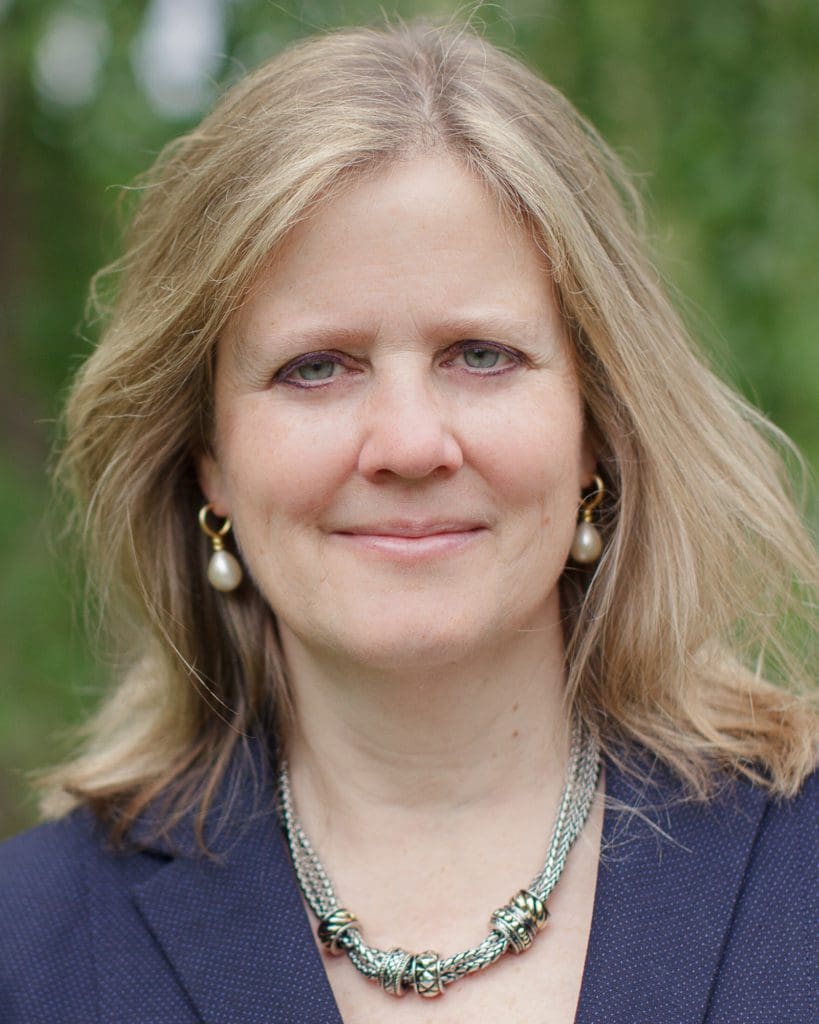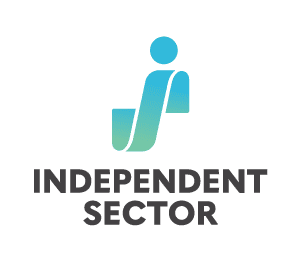The charitable sector isn’t alone in its concerns for staying relevant in tumultuous times. Even as charities continue to enjoy a high degree of public trust, their role is changing—and at a rapid pace. While it shouldn’t surprise us to see Independent Sector’s membership, and the charitable sector at large, adapting to an evolving environment, a very specific adaptive trend piqued our curiosity this summer.
In the last few months, four of Independent Sector’s members announced rebranding of their organizations:
- CFED became Prosperity Now
- National Council of La Raza became Unidos US
- InsideNGO announced a merger that will go by the new name, Humentum
- Forum of Regional Associations of Grantmakers became United Philanthropy Forum
Rather than speculate on what the spate of changing names and looks might mean for our sector, we asked for some insights from the people who have been behind some of these transformations from inception to realization.
Speaking to a mix of communications directors and an organizational head, we were struck by the commonalities in their motivations, concerns, and processes culminating—for each of them—in a new identity designed to better align them with the needs of their constituents. Below are some of the insights that struck us, and what some of these leaders think this trend could mean for our sector.
It’s about relevance.
Relevance was, and remains, a paramount interest for the rebranded organizations.
“It is all about the relevance of your mission and organization and whether or not your brand reflects the true nature and mission of your organization,” says David Biemesderfer, president and CEO for United Philanthropy Forum.
Biemesderfer’s comments certainly ring true for Prosperity Now’s motivation to reconsider their name. “As our work has evolved over the 35+ years since our founding, we knew that our name no longer conveyed the impact we were striving for,” says Kristin Lawton, director of communications at Prosperity Now. Lawton also noted that in their case, having an acronym for their previous brand (CFED) at times worked against them.
It’s worth saying here that there is considerable nuance in the backgrounds of each of these organizations. One of the most obvious nuances is that InsideNGO’s shift to becoming Humentum is both a merger and a rebrand. Another nuance in their case is that this won’t be their first rodeo with a name change.
“InsideNGO was founded 40 years ago as the Association of Private Voluntary Organizations Financial Managers (APVOFM) and a sister organization, the Personnel Co-op,” explains Elizabeth Walsh, director of communications and marketing for InsideNGO. “By 2008, we were working with practitioners from across all NGO operational areas, beyond just finance and HR, to include IT, legal services, business development professionals and more.” Having effectively outgrown their original construct, they adopted their current name to highlight how embedded their work was in the operational fiber of the NGO community.
It’s about timing.
While their rebrands were conceived in strategic planning processes spanning multiple years, both Prosperity Now and the Forum’s transitions formally took root in Fall 2016 prior to public rollouts this summer. The origins of the Forum’s transition leads Biemesderfer to a significant point: Reacting to the whims of the times, he thinks, is not a sound reason to rebrand. He doesn’t venture a blanket conclusion about the best reasons to rebrand, but does offer, “If in fact there is an uptick in rebranding for organizations in the sector, I hope it is in response to the changing landscape and our proactive response to transform our organizations to meet new challenges.”
Lawton also highlights the forward-looking nature of her team’s change. “With the issues we care about commanding more attention than ever before, we felt now was the time to ensure our name is clear, concise and aspirational.”
“We are a complex, evolving sector that is going through perhaps a more intense cycle of change than we have seen in recent years,” Walsh adds. For many, mention of “an intense cycle of change” may call to mind some of the acute divisions exacerbated by a past year that’s been politically fraught. While that’s not completely what Walsh is getting at, it does transition well to another striking insight surfaced in our exchange with those we spoke to about these rebrands.
It isn’t unique to DC.
One similarity we couldn’t help but notice is that each of our four members who announced rebrands share Independent Sector’s hometown of Washington, DC. What’s more, their office locations are all within walking distance of one another. While it’s tempting to peg the current political climate as inspiration for taking a new tack, the four leaders we talked to unanimously believe that the groundswell of rebrands is not a phenomenon unique to our nation’s capital.
“I didn’t think it was a trend, but now that you mention it, there are a number of nonprofits I know that have switched or are thinking about it in the near future,” says Lawton. “And from those I know, I don’t think it’s just a DC trend.”
Walsh noted two large groups headquartered in California and North Carolina that rebranded earlier this year. Biemesderfer also sensed as early as 2015 that rebranding would be an emerging trend among some of the Forum’s peers.
“We knew we had tapped into a feeling among many leaders of philanthropy-serving organizations (PSOs) that philanthropy was not moving the needle enough in their area of focus,” Biemesderfer says. “So I think that some of the trends that we’re seeing with rebranding in our field might be related to regional and national PSOs’ engaging in serious strategic discussions about their reason for existing.”






